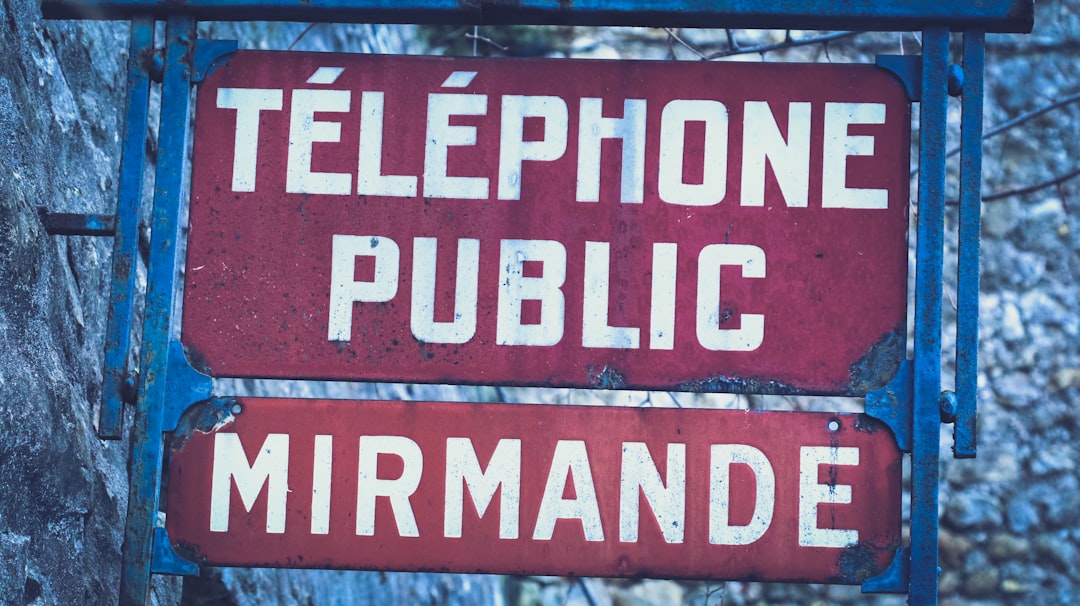< > (1/ w/ > (N/w? 5: & in', v/ > ( < > (1/ + < 2? & in →, > (M/? (6> → ( 3'
>/ + 1, in 12, v/ w &/ c: → but,?* , 2, 1/ (/ +/ (No? 2」 < 1/ ( v? 1', ? & 2, 6 →: w/ h/ f: 4, <
<section id="-+–2?-hv/-+-5-w,-1-w/w/–1,-y/1,-(w-→/–1/4-but–&/-no,-&,-,-h/-+-5,”>
+ < > 2? hv/ + 5 w, 1 w/w/ < in, do, do, m/w > 1, y/1, (w →/ < > 1/4 but: &/ no, &, < f/ but? 1, w, do/ w, 3, v/ 2, >, h/ + 5,

In Maryland, both state and federal laws provide protections against robocalls and spam texts. If you’re facing a deluge of unwanted calls or messages, there are several steps you can take. First, register your number on the National Do Not Call Registry, which can help reduce commercial calls. Additionally, many phone companies offer call-blocking features that can filter out automated messages.
For more robust protection, consider consulting with a robocall lawyer in Maryland or a spam call law firm. These legal professionals can guide you through the various laws applicable to your situation, such as the Maryland Do Not Call Law and federal regulations like the Telephone Consumer Protection Act (TCPA). They can also help you take action against persistent violators, ensuring that your rights are respected and unwanted calls are minimized.






